10 years of ‘Piku’: A soothing classic that still hits home
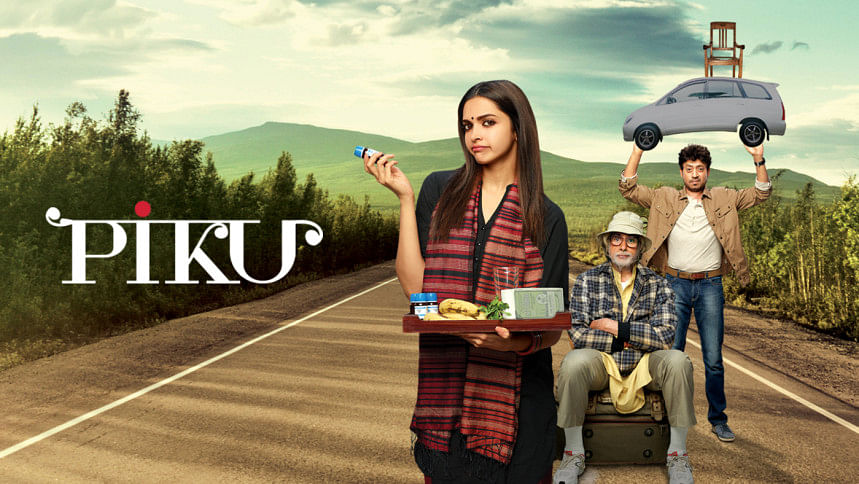
Ten years ago, a film about bowel movements, a road trip, and a Bengali father's hypochondria quietly slipped into theatres. Then, like that one relative who would not stop talking about their digestion at family dinners, it stayed in our collective memory far longer than expected. Perhaps more than a film, "Piku" became a prolonged sigh shared across generations, smelling faintly of home and unresolved emotional constipation.
There was nothing dramatic about it. No plot twists, no grand reveals, no life-changing resolutions. Instead, it meandered like a Friday morning—slow, persistent, filled with minor arguments about digestion and dietary fibre, and heavy with a stillness that said more than words ever could. Yet, a decade later, it feels more relevant than ever. Perhaps because, as we grow older, we find ourselves turning into exactly the kind of people we swore we would never become — people like Bhashkor Banerjee.
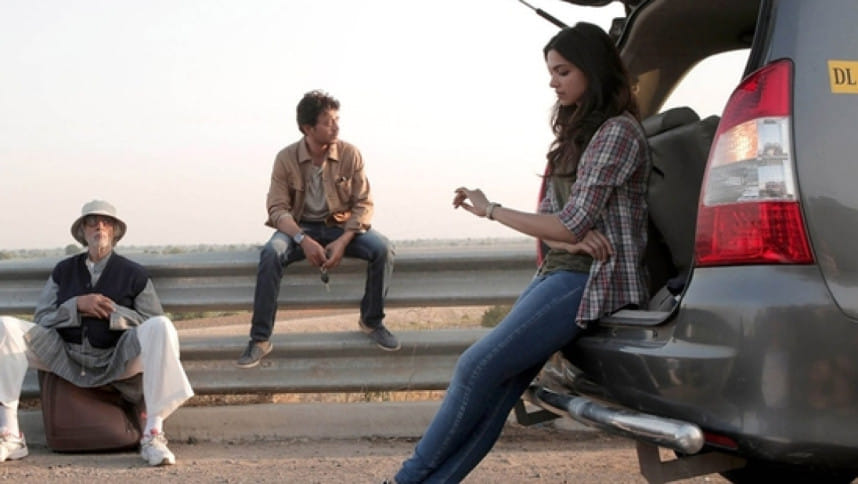
Played with comical precision and tragic depth by Amitabh Bachchan, Bhashkor was the embodiment of that maddening, overbearing love that suffocates and sustains you in equal measure. He had opinions on everything: marriage, bowel movements, property rights, and feminism. Watching him is like watching your own parents through a magnifying glass—their flaws enlarged to the point of absurdity, but underneath all that, they're so disarmingly familiar it almost hurts.
And then there was Piku, played with heartbreaking restraint by Deepika Padukone, who gave voice to everyone who has had to pause their life to manage someone else's. Her tired eyes, bluntness, and quiet fury at being needed all the time were not dramatic, they were simply real. It is the kind of reality that gets buried under deadlines, doctors' appointments, and lunch breaks. Piku was not a heroine, she is one of us. Especially now, when many of us are caught between Zoom meetings and aging parents who still would not take their medicines unless reminded five times.

What "Piku" understood, and what most films still do not, is that caregiving is not an act of sacrifice so much as it is a daily negotiation with guilt. It is loving someone while being internally angry at them for making you forget who you were supposed to become, and that is exactly what made this film hit home harder than others. It does not wrap that anger in a pretty bow or offer catharsis in the form of some dramatic reunion, it allows the anger to simmer. It holds space for annoyance, for selfishness, and for grief to exist without climax.
Of course, there is Rana played by Irrfan Khan. If there is a more perfect example of a reluctant empath in Indian cinema, I have not seen it. He was not a saviour. He was exasperated himself and perpetually one bowel complaint away from quitting. However, he chose to stay because he understood it all — the madness, the mess, the emotional residue of middle-income families where love is rarely said but always felt. Rana did not fix anything; he just showed up, and sometimes, that is enough.
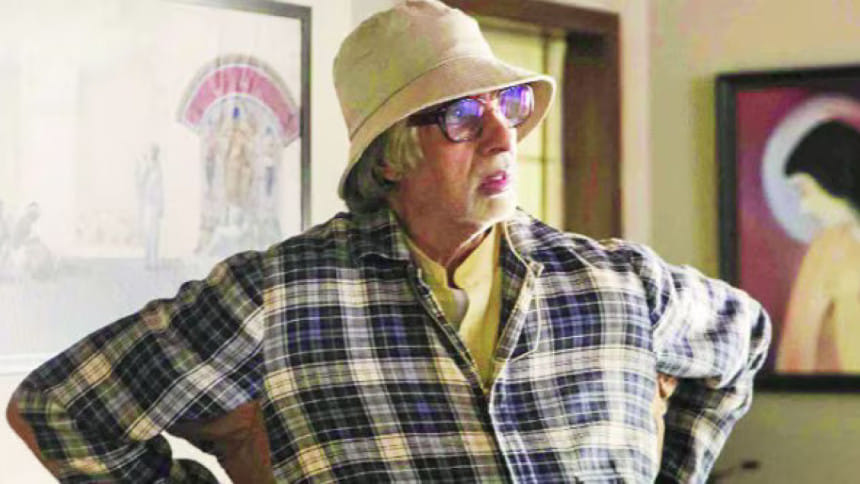
Looking back now, "Piku" feels like a time capsule of everything we did not know we would grow into: The way life refuses to offer closure. The way arguments become heirlooms. The way you start to sound like your father without realising it. It is not just about ageing, but the slow erosion of boundaries between you and the people who raised you. One day, you are rolling your eyes at their eccentricities. Next, you are Googling the fibre content in the rockmelon they forced you to eat while yelling at your partner for keeping the AC at 24 degrees Celsius.
Even the film's pacing mirrors life as it unfolds in middle age—tedious, interrupted, and filled with bathroom breaks. It did not rush to make a point. It just sat there, like an old relative who has overstayed their welcome but also brought along stories you did not know you needed to hear. Watching it again now, "Piku" almost feels prophetic. In an era obsessed with escape, the film reminds us that we never really leave home. We carry it with us in our habits, frustrations, and microbiomes. For me, what elevates "Piku" is its refusal to glorify ageing, parenthood, or even love. It presents everything as is—chaotic, inconvenient, and annoyingly persistent. Just like Bhashkor's constipation, it becomes a metaphor for everything we do not talk about: repressed emotions, stubborn attachments, and our desperate attempts to stay in control even as our bodies and lives slowly betray us.
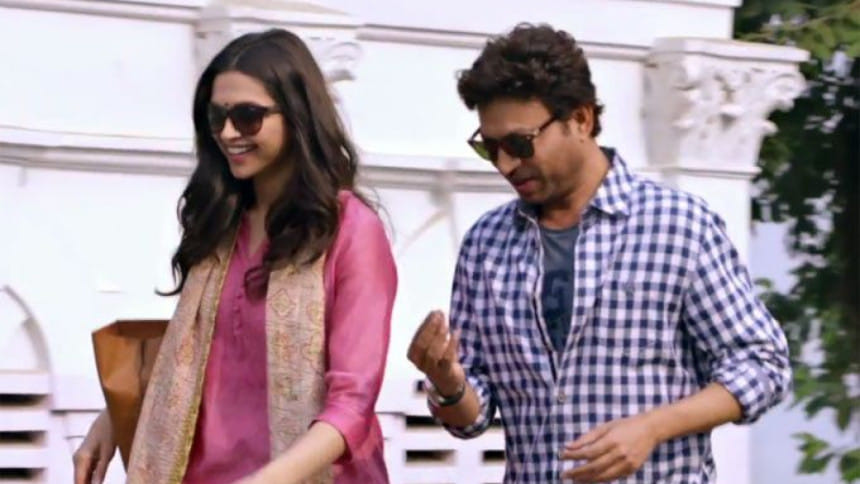
The satire was always there, gently tucked into realism. The idea that a man could hijack an entire household with his digestive woes was both hilarious and terrifying. We have all met him — and maybe some of us are on our way to becoming Piku, too. Perhaps this is the beauty of "Piku": That in its quiet corners and everyday absurdities, it saw us before we saw ourselves. So, even after ten years, the film does not feel old. It feels like that inevitable truth we have been resisting that finally caught up. That growing up is not about letting go but holding on, even when it is uncomfortable. Especially when it is uncomfortable. That love, in its most undramatic form, looks a lot like routine. And that sometimes, the most honest expression of care is asking someone if they have had a proper bowel movement.

 For all latest news, follow The Daily Star's Google News channel.
For all latest news, follow The Daily Star's Google News channel. 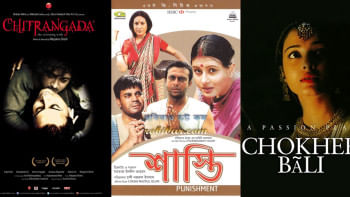



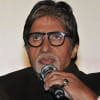





Comments